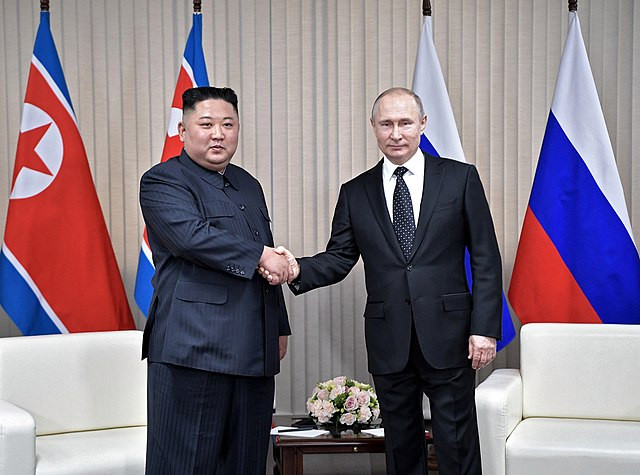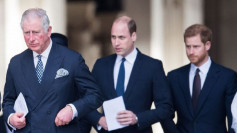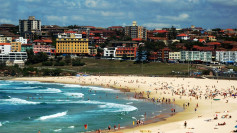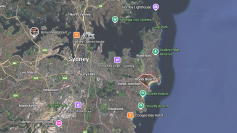Ukrainian President Volodymyr Zelensky has accused Russian forces of burning the faces of dead North Korean soldiers to hide their identities and obscure their presence in the war against Ukraine. The allegations, made in a post on X (formerly Twitter), were accompanied by a video purportedly showing the bodies of North Korean troops with visible signs of mutilation.
"Russia not only sends the North Korean troops to storm Ukrainian positions, but also tries to conceal losses of these people," Zelensky wrote. "They tried to hide the presence of North Korean soldiers. It was prohibited to show their faces during training. And now, after first combats with our warriors, Russians are trying... to literally burn the faces of North Korean soldiers killed in battle."
The Ukrainian leader called the alleged actions a demonstration of "disrespect" and "humiliation" toward North Korean troops, who he claimed have no justification for fighting in Russia's war. "There is not a single reason for North Koreans to fight and die for Putin. And even after they do, Russia has only humiliation for them. This madness must be stopped," he wrote.
Newsweek and NK News reported that the video shared by Zelensky could not be independently verified. However, Ukrainian military intelligence has corroborated that at least 30 North Korean soldiers were killed or wounded over the weekend near the villages of Plekhovo, Vorozhba, and Martynovka in Russia's Kursk region.
Even after years of war, when we thought the Russians could not get any more cynical, we see something even worse.
Russia not only sends the North Korean troops to storm Ukrainian positions, but also tries to conceal losses of these people.
They tried to hide the presence of… pic.twitter.com/KYyGF1rxP8 — Volodymyr Zelenskyy / Володимир Зеленський (@ZelenskyyUa) December 16, 2024
The presence of North Korean troops marks a significant development in Russia's war efforts. Ukraine's Defense Intelligence (DIU) previously estimated that approximately 11,000 to 12,000 DPRK soldiers have been deployed to fight alongside Russian forces in Kursk. Reports suggest that North Korean troops are integrated into Russian units, primarily serving in infantry roles.
Pentagon spokesperson Major General Pat Ryder confirmed the deployment of North Korean soldiers in combat operations during a briefing on Monday. "We do assess that North Korean soldiers have engaged in combat in Kursk... we do have indications that they have suffered casualties, both killed and wounded," Ryder said. He did not specify the extent of DPRK losses but indicated that U.S. intelligence continues to monitor the situation.
The reported involvement of North Korean troops raises questions about the evolving alliance between Moscow and Pyongyang. While Russia and North Korea have denied the presence of DPRK forces in combat, both nations have defended their right to engage in military cooperation. North Korea previously labeled reports of its troop deployments as "fake news."
South Korean intelligence has accused Russia of disguising North Korean troops as ethnic minorities from Siberian regions to maintain plausible deniability. The alleged practice adds a layer of complexity to Russia's reliance on foreign personnel amid mounting troop losses in its nearly two-year war with Ukraine.
In the Kursk region, where North Korean soldiers have reportedly been active, the conflict has intensified. Moscow recently deployed over 50,000 troops-including DPRK forces-to the area to counter Ukrainian incursions. Despite these reinforcements, Ukrainian forces continue to inflict significant losses on Russian units. Defense analysts note that North Korean troops are being used as expendable frontline infantry in grinding battles for control.
Russian military bloggers first reported on the DPRK soldiers' engagements last week, claiming that North Korean units had successfully recaptured a village near Plyokhovo. However, Ukraine's DIU has dismissed such claims, asserting that Russian and DPRK units have sustained heavy casualties.
The situation has drawn international condemnation and scrutiny. Journalist Paula Chertok described the allegations as "barbaric" in a post on X, drawing parallels between Russia's actions in Ukraine and its historical alliances with authoritarian regimes. "The Kremlin is now ordering to BURN the faces of the North Korean soldiers killed in battle, to hide evidence of their deployment in Russia's war on Ukraine," Chertok wrote.
As the war grinds on, the extent of North Korea's involvement and the implications for Russia's military strategy remain unclear. Analysts suggest that Pyongyang's troop contributions may be part of a broader agreement with Moscow, potentially involving economic aid or arms deals to bolster Kim Jong-un's regime.






